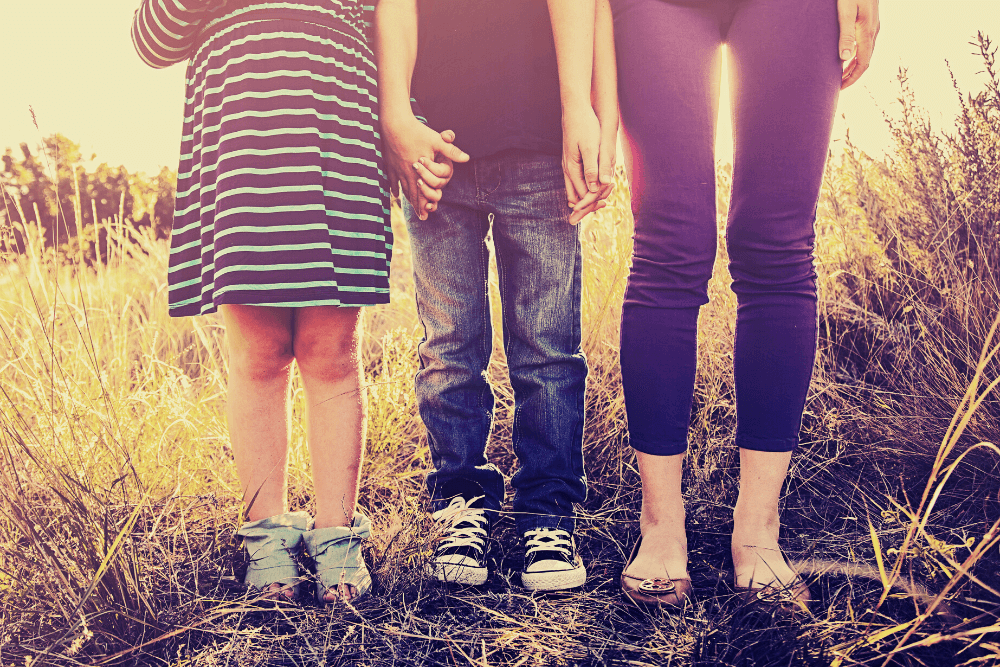
When couples separate, it’s not uncommon for the first area of disagreement to be who the children will live with and what time, if any, the other parent will spend with them.
–
When people contact us for help working through these issues, they’ll often say they want ‘full custody’. Here in Australia, the term ‘custody’ is no longer used in the legal system. Instead, we use the term ‘parental responsibility’.
What is the difference between custody and parental responsibility?
‘Custody’ traditionally focused on the children’s living arrangements and time spent with each parent. ‘Parental responsibility’ is far broader and encompasses the major decisions made in relation to the child – including education, religion, medical and healthcare.
The presumption of shared parental responsibility
Under Australian law, there is a presumption that it is in the best interests of the child to have regular contact with both parents for both parents to share parental responsibility.
It’s important to note that this presumption does not mean that both parents should spend equal time with the child, but rather that both parents share responsibility for making decisions relating to the child.
At a practical level, regardless of living arrangements, it means that both parents are required to make a genuine effort to consult with each other in relation to major long-term issues and decisions relating to the children, which is not always easy, particularly in cases involving high conflict, substance abuse or violence.
What is sole parental responsibility?
Sole parental responsibility gives one parent sole responsibility for all long-term decisions relating to the child – this includes living arrangements, education, health, religion, passport matters, the child’s name and any other decisions relating to the child’s upbringing. Essentially, they have all the say and the other parent has none.
However, if there are no court orders in place preventing it, the other parent may still be able to spend time with the child and make smaller decisions relating to the child during that time.
Because Australian courts consider it in a child’s best interest to have a meaningful relationship with both parents (unless there is a risk to the child’s health or safety), it is rare for sole parental responsibility to be awarded.
Applying for sole parental responsibility
There are a variety of reasons why parents seek sole responsibility, including exposure to or risk of family violence, substance abuse issues, the mental capability of the other parent to make decisions, or a breakdown of communication.
In deciding whether or not to award sole parental responsibility the court will always prioritise what is in the best interests of the child. To do this it will consider a variety of factors including:
- The relationship and involvement of each parent in the child’s life.
- Threats to the safety, health and well-being of the child.
- Practical issues that prevent sharing parental responsibility.
- The child’s wishes (in some circumstances).
To apply for sole parental responsibility, you will need to be able to provide evidence to prove that there are risks to the child’s safety (police statements, IVO’s or other evidence of harm) and/or a breakdown of communication.
Where can I get legal advice?
If you would like to understand how the law applies to your personal situation or the potential for you to be awarded sole parental responsibility, the team at Lakey Family Law are here to help – simply contact us for an initial, obligation free chat.
We have extensive experience in this area and approach all matters with understanding, compassion and professionalism.




